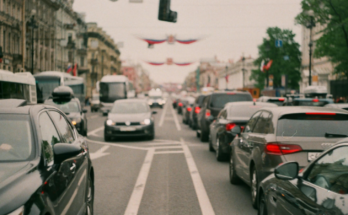Noel Cass asks: how do the rich justify their high-carbon lifestyles?
Every month, another headline points out that the rich are responsible for the majority of climate-damaging carbon emissions. In January, The Guardian newspaper in the UK reported on a study that found that the “difference betwee...
You need to login to see this content. If you are not a member, join here.
Noel Cass
Noel is a Research Fellow in Energy Demand Behaviour in the Institute for Transport Studies at the University of Leeds, UK. His research for over 30 years has focussed on …



